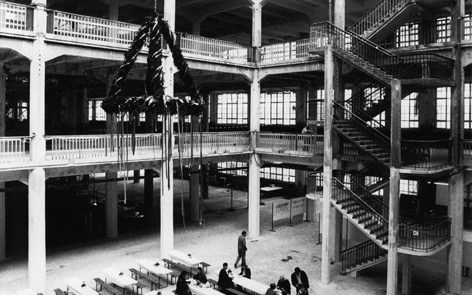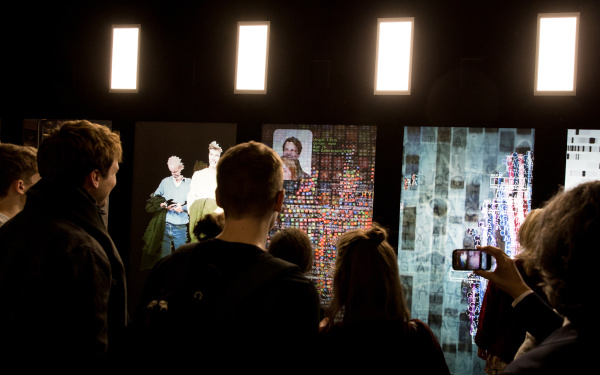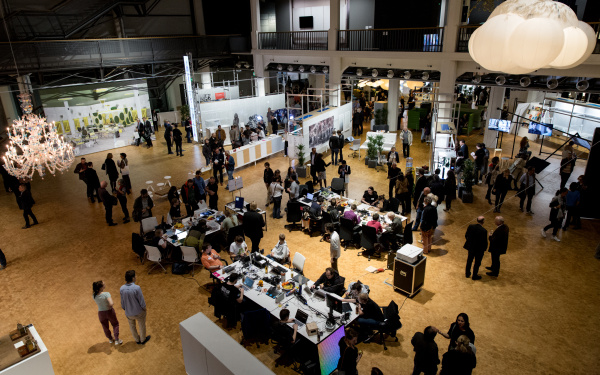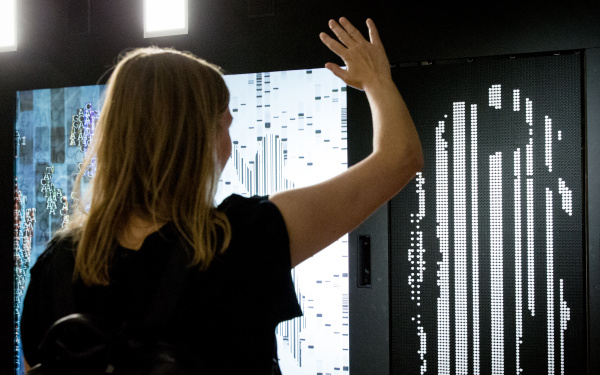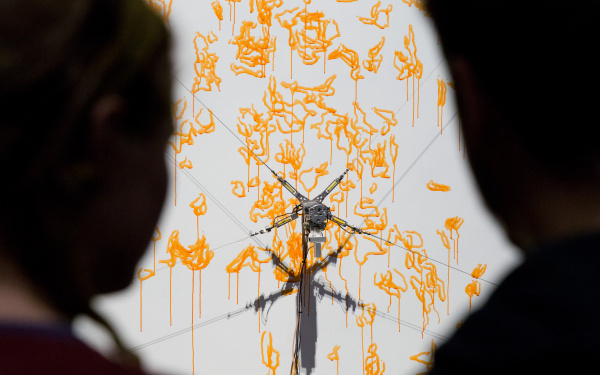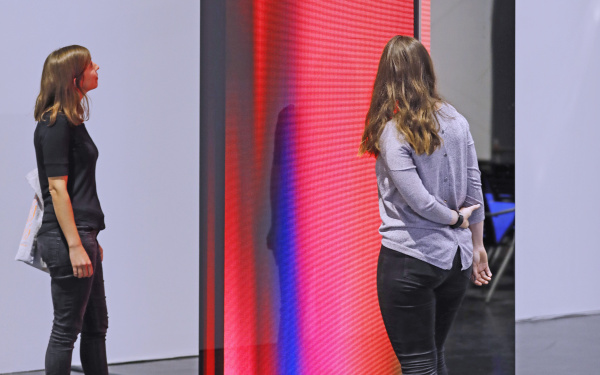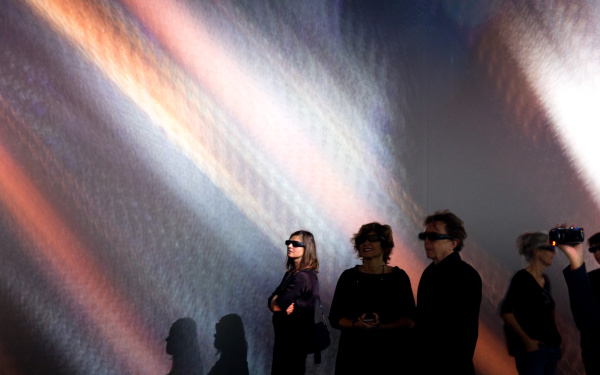Development & Philosophy
The ZKM was founded in 1989 with the mission of continuing the classical arts into the digital age. During the founding phase, the artist and author Jürgen Claus contributed his idea of an »electronic Bauhaus«, which was later adapted by Peter Weibel into the »digital Bauhaus«.
From the very beginning, it has also taken on the task of creating the conditions for the creation of works of art, whether by guest artists or employees of the house - for this reason it is called a centre and not a museum.
Founding and History
From the idea of founding an institution uniting artistic concepts with future-oriented technologies to its foundation in 1989.
By combining research and production, exhibition and performance, collection and archive, the ZKM is able to adequately depict the development of 20th and 21st century art, not least because the collection, exhibition and research activities of the ZKM are accompanied by symposia and other platforms of theoretical discourse between philosophy, science, art, politics and business.
Architecture
Since 1997 the ZKM has been housed in the largest historical industrial building in Baden-Württemberg, the so-called Hallenbau A (Hall A). The listed industrial building was built during the First World War and once housed an ammunition factory.
